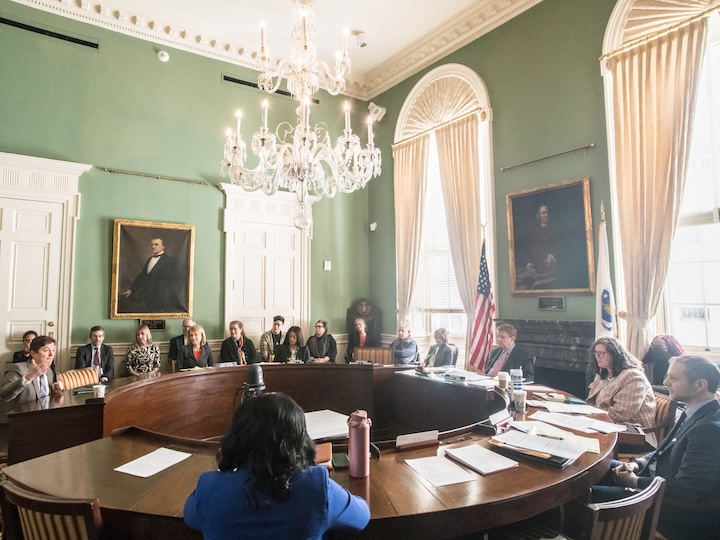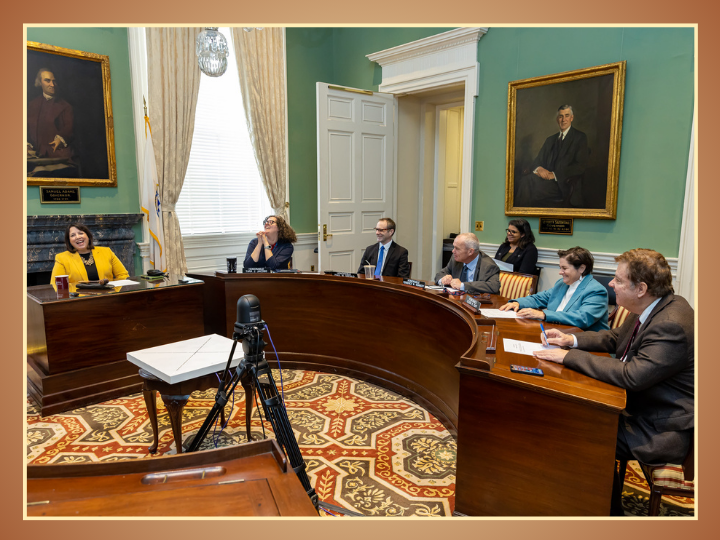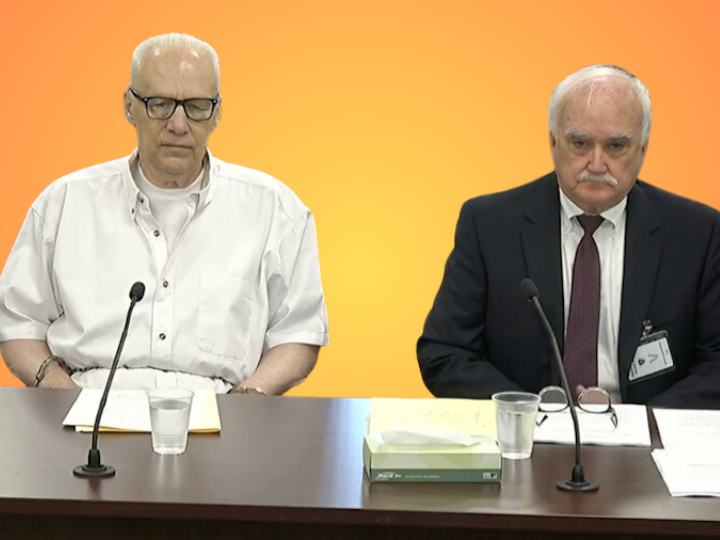
The Battle Over The Newest Member Of The Massachusetts Parole Board
Will former chief parole supervisor Angelo Gomez help or hurt the overburdened board? Some say he is “the right man” and dedicated to “support not surveillance.” Others question his priorities.










